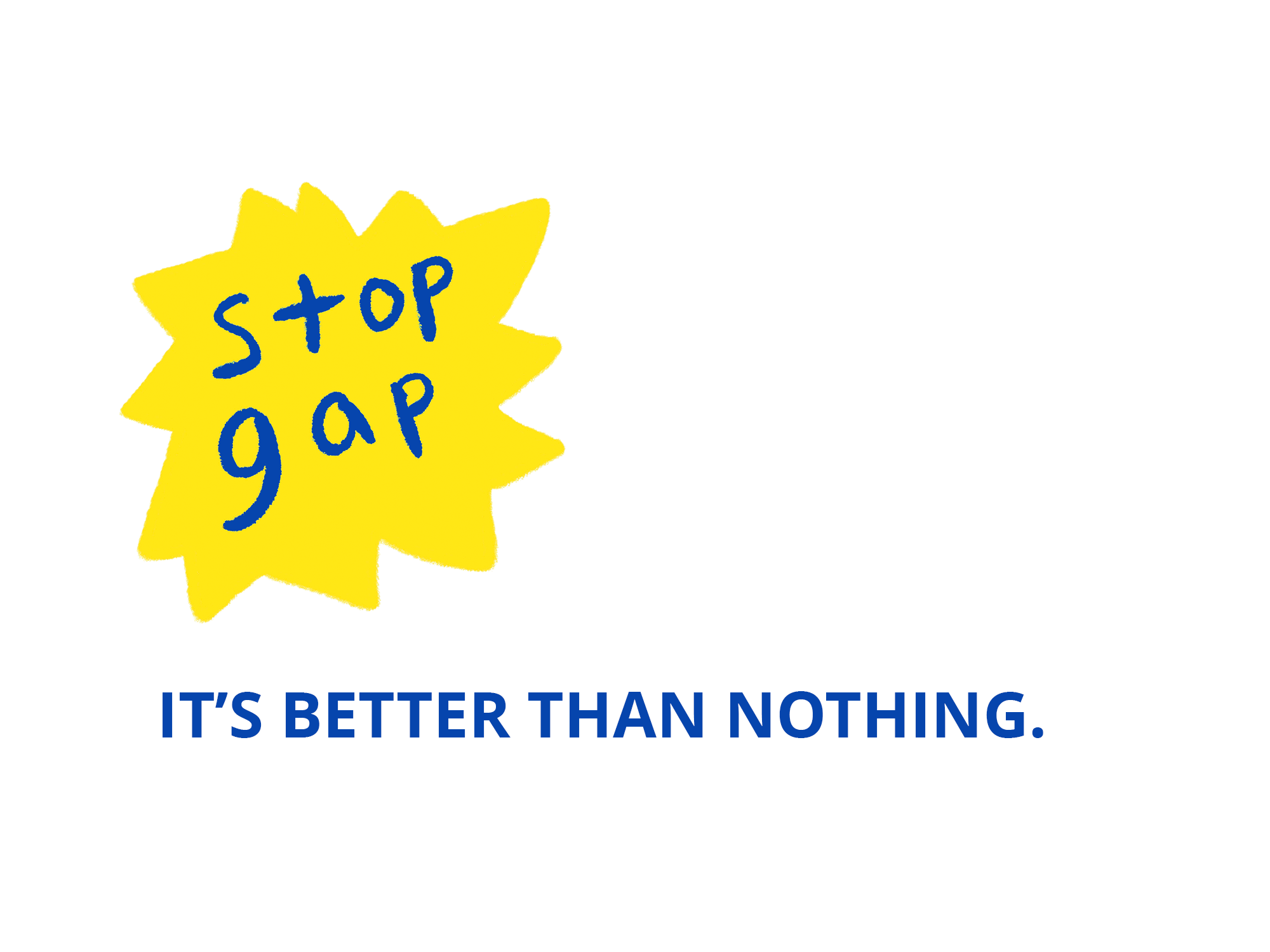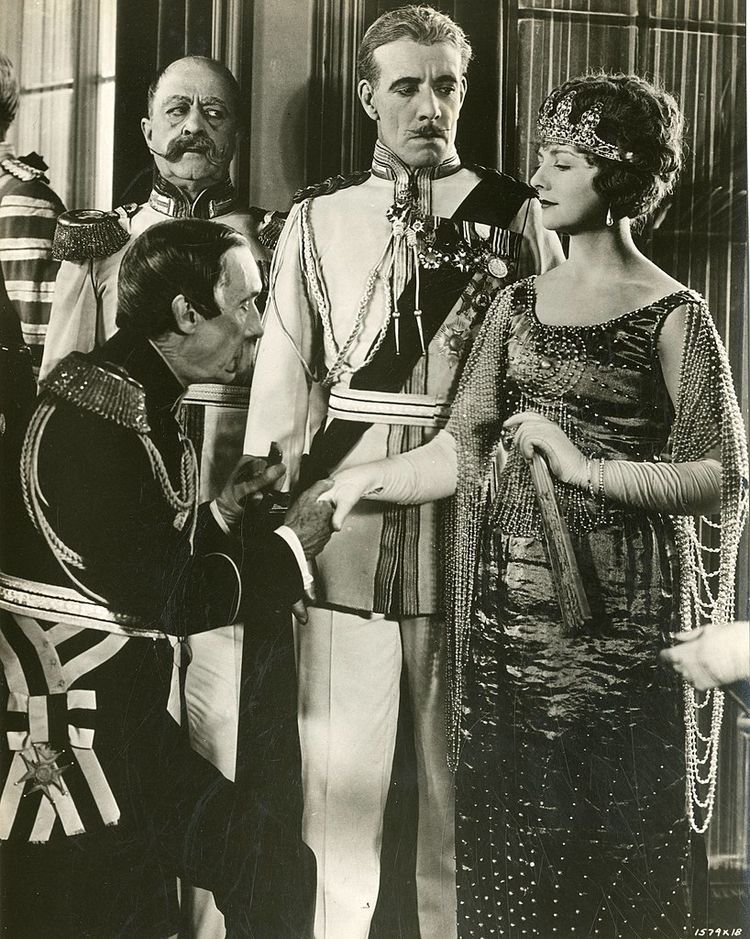Bookforum or Necessity?

Daniel Lavery on Katie Kadue on Lucas Rijneveld.
The Stopgap has been on holiday and now we are back to express our most dreadful displeasure.
Co-editor Daniel lodged a complaint (what would Katie Roiphe say?!) today with Bookforum's editors and also published it in his newsletter, The Chatner, because otherwise who knows into what oblivious crevasse it might fall.
I thought it was smart and useful and The Stopgap is very happy to republish it here, with his permission.
Hello,
I have a complaint to register about Katie Kadue's April review of Lucas Rijneveld's My Heavenly Favorite. This section, which appears near the end of the review, describes Kadue's decision to Google the author:
"But lurking beneath those relatively superficial shockers, deep in the bile ducts of your brain, is something more discomfiting about My Heavenly Favorite: the creeping understanding, if you decide to start Googling midway through reading, that Rijneveld has slipped into the role not of narrator but of nymphet. The more you know about Rijneveld, who switched from they/them to he/him pronouns in 2022, the less he seems the sinister shadow behind his narrator and the more he shares with the figure of the favorite. Both were assigned female at birth... Whatever uncomfortable biographical similarity exists between Nabokov and Humbert, two roughly middle-aged European men of refined tastes living in American exile, has been overwritten by a differently uncomfortable similarity between Rijneveld and his Fauxlita—and yet, at least until The Annotated My Heavenly Favorite is published, this hermeneutical cheat code has been written in invisible ink, not even an inkling in the mind of any reader who isn’t, Humbert-like, obsessively following quilted threads of clues. You thought you were unsettled because you were reading a cis man rewriting Lolita, but then you’re unsettled because you realize you were reading a trans man writing from the perspective of a cis man sexually preying on a gender-dysphoric child. If this is autofiction, Rijneveld is driving it in manual" [Emphases mine].
Kadue describes Rijneveld's transition as a sort of slippage "into the role not of narrator but of nymphet." This is a very backwards way to describe transition, surely! She writes as if transmasculinity is permanently and inextricably tied to girlhood, as if being a trans man makes one "more" of a nymphet than before.
It may have been tongue-in-cheek, but there's something very strange about even a joking request for a future reprint ("The Annotated My Heavenly Favorite") of a book that explicitly reveals the trans author's birth assignment. A kidding-not-kidding suggestion that other readers are going to "miss out" on this apparently-essential information if they don't also sleuth out the author's transness strikes me as at least being in poor taste. It's especially egregious because Kadue seems to indicate that trans authors should not, in general, address readers without either showing our papers or by submitting to mediation by a presumably-cis "annotator." Worse, in the context of Kadue's review, she seems to understate the author's birth assignment as inherently virtuous, and as a kind of moral justification for the book's existence, since Kadue earlier says:
"Someone who picks up a copy and skims the blurbs might wonder if we really need another male-authored Lolita from the first-person perspective of the pedophile, no matter how spruced up with shit, no matter how daringly different."
"We" may not really "need" another book about anything – but it seems to me the question ought to be, Is the book well-written? Is the book interesting? (Thank goodness books are not published according to necessity, much less the imagined necessity which "we" apparently all share!) How does it compare to, say, Alissa Nutting's Tampa, to William Golding's Darkness Visible, to Samuel Delaney's Hogg, and other books about monsters and the monstrous treatment of children? Why does Kadue think it is good, or necessary, or important for a trans man to write about pedophilia, and bad, or tired, or "unnecessary," for a cis man to do so? Surely monstrosity can interest and affect everyone.
Nor can I understand why the reviewer wishes to "credit" the author with his birth assignment (positioned here as a sacred birthright that somehow confers moral and artistic legitimacy) as if this were an unalloyed good, to say nothing of the implications this review holds for trans people who were not assigned female at birth. The phrase "preying on a gender-dysphoric child" also activates a bit of an Abigail Shrier-style panic, choosing a clumsy circumlocution to avoid even the possibility of acknowledging trans childhood.
To return to the language of necessity: It was not necessary for Kadue to write this review, nor for Bookforum to publish it, with such an intense focus on the author's sex assigned at birth, as if that could either exculpate or discredit his decision to write this book. She ought not to have done it. It was transphobia trying to pass itself off as a compliment. I would rather have read an assessment of the book on the book's terms, rather than a fantasia about a future edition that would proudly proclaim, "Don't worry: This book was written by a trans man, so it's okay."





Comments ()